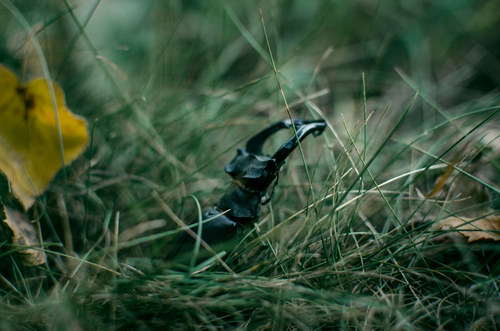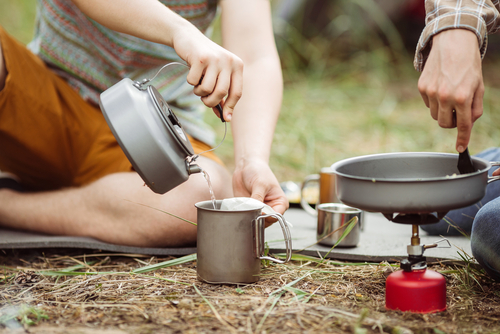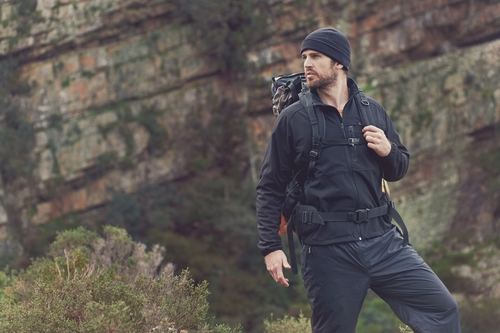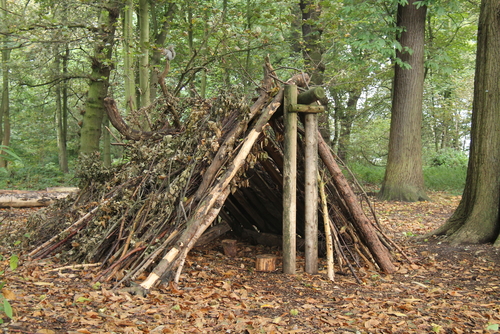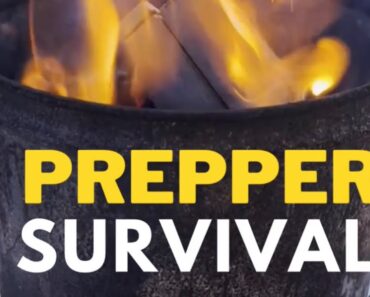There are times people like to leave the hustling and bustling of the city life to explore what the wilderness holds.
It can actually be therapeutic to subject oneself to the solitude of the wilderness and recharge. It will go a long way in providing a fresh perspective to life and appreciating what you have.
While it does not sound reasonable, many people are curious to explore what the woods and wilderness hold inside. Even as a college student, taking some time off in the wilderness can help reduce stress and also recharge. You can get help with statistic homework or ask someone, “do my math homework”, or your essay and term paper to allow you to concentrate on having a good time in the wilderness.
Going
to live in the wilderness is a big step. As a result, it is essential to be
prepared in every way you can. This is why this article will explore the most
critical things to bear in mind to be ready. These are experiences from people
that have been there and know what it feels like. This is real information
about living in the wilderness that no one will tell you. It will, however, go
a long way in preparing you for what to expect.
1. Illness
There
is no immediate healthcare system available in the wilderness. Also, there is
no healthcare personnel to attend to you. Should there be emergencies, you are
on your own. Also, the possibilities of getting sick increase as you are
exposed to wild nature. In addition, you are also exposed to nature at its
worst side. There are carriers of diseases around like bug, spiders, and rats,
etc.
As a
result, you will be susceptible to a high number of illnesses and diseases.
There are bacteria and viruses that thrive in damp areas. The unfair
temperature might even affect some parts of the body, like the lungs and the
respiratory system. The chances of getting infected with pneumonia are pretty
high. The cold temperature might be unbearable, which can trigger illness as
well.
2. Insects
There will be a lot of stagnant water in the wilderness. This provides the perfect breeding ground for insects. Famous examples are mosquitoes that thrive around water. Excess mosquito bite, as you know, makes it easy for you to develop malaria. In addition, there are other biting insects like ants and soldier ants, especially, which could make your stay a pretty miserable one. They, however, only thrive in the autumn. If your trip is in the summer, prepare to be pestered by wasps and bees.
There
is also the possibility of having spiders all around you. Chances are they will
find their way into your camp bag, clothes, blanket, and shoes. Make sure to
check your sleeping kit and shake it well before sleeping. If you have a phobia
for insects, you might want to reconsider a trip to the wilderness.
3. Fire
You
are in the wilderness, and the temperature could drop to uncomfortable levels
at night. With the absence of a central heating system, you need to get
creative in providing warmth. The bonfire will not be an issue when it’s dry
weather outside, but the problem comes when it is damp. You also need fire to
cook and boil water to keep your body hydrated, full, and warm.
You
need a bonfire when it gets dark, as your flashlight might not be enough. There
is also the possibility of the fire dying out in the night. As a result, you
will need a lot of dry wood to keep it up. Should the fire run out without wood
to keep fueling it, sleeping might be difficult. It is also not recommended to
sleep very close to the fire as it is pretty risky.
4. Food & Water
You will need to pack enough food and other supply that will last you for the duration of your trip. Make sure to pack a pile of readymade food. If you want to cook, make sure it is a meal that will not take much time to prepare. You need to be careful of running water, especially if it is stagnant or above the ground. This is because there is a high tendency that it might have been polluted.
If
you go to the wilderness with your vehicle, you might be able to carry enough
water that will last you. However, when you run out of the water, make sure you
boil the water to kill all germs, bacteria, and other harmful elements.
5. Rats
Rats
are pretty common in the wilderness. You will see varieties in big sizes as
well. While they are typically harmless, they are carriers of different
diseases. As a result, keep your food and other things they can eat secured.
Should a rat eat or even bit any of your food, you will be better off disposing
of it. They thrive in the wild, as this is their natural habitat.
6. Isolation
Man is a communal creature, and we evolved to live in groups. That is why we have families, tribes, settlements, suburbs, etc. This is why we get married, have kids, and live together. Even at work, we stay as a team for the greater good of the company. Many people who even love their personal space also crave human interaction once a while.
In
the wilderness, however, unless you travel in a group, be aware that you’ll be
alone with the wilds. Your companions will be birds, squirrels, deers, and
other wild animals. In time, it is going to be you and your thoughts. Staying
for too long is not recommended as the isolation could get to you.
7. Darkness
Living
in the community has made us all used to the light. We have been used to light
from electricity, street light, building, etc. Lightning is part of us in the
real world that we cannot live without. This, however, is not the case when you
get to the wilderness. The darkness will be thick and terrible. To make the
darkness more intense, the trees and its branches will shield you. You will
only have to depend on your flashlight, mobile phone torch, and bonfire. Yet,
there is the possibility of your torch running out soon as there is no way to
charge it.
This
is why you need to gather your resources like wood and dry branches to make
fire at night. Moving about in the dark is a bad idea as it increases your
chances of running into falling branches, wild animals, and, especially,
snakes.
8. Possibility of Going Crazy
Living
in the wilderness brings you to a new territory entirely. You might have lived
in the city all through your life. You are already used to the amenities and
every good thing that comes from the urban lifestyle. When all these suddenly
go away, coupled with the fact that you are isolated, it could take its toll on
one’s mental health. This becomes pronounced when your immediate neighbors are
not fellow humans but animals and birds. Sadly, not all these animals are
friendly, and some of them might want to attack you as it’s their place to
live.
This
could trigger fear or hallucination, especially in the dark. Even the shadow of
a tree branch will look like an animal coming to attack you. This experience
can take its toll on one’s mental health.
9. Sounds
We live in a noisy place, and it has already become part of us. We hardly take note of the sound as it is everywhere. The kids playing in the park, the honk from the vehicle, the airplane flying over, the neighbor playing their music, etc., there are a lot of common noises in our world, and we’re used to it.
All
this will disappear when we get to the wild. It will be like a different world
entirely as your ears will crave for the sound it is used to. On the contrary,
the sounds around will be birds chirping, animals at night, insects and bees,
etc. Many of these sounds will not be pleasant, and you will likely hear them
all. The first time you hear a bear growl might make you pee in your pants.
10. Homeless People
Your
possibility of running across many homeless people increases when you get to
the wilderness. People might present themselves as friends, but you need to be
careful. Many might pretend to care about you, but in fact, they do not. There
is the possibility of meeting miscreants who can attack and steal your personal
things. It might just be homeless kids roaming around while you are hiking.
Reject the offer to trust strangers, and do not leave your valuables lying
around.
Concluding Remarks
Living in the wilderness is a new and exciting endeavor. If you are truly prepared, you can have a good time and develop lasting memories. As a college student, you can get help with statistic homework, math, and essay. This way, you can concentrate on having a memorable time in the wilderness.


